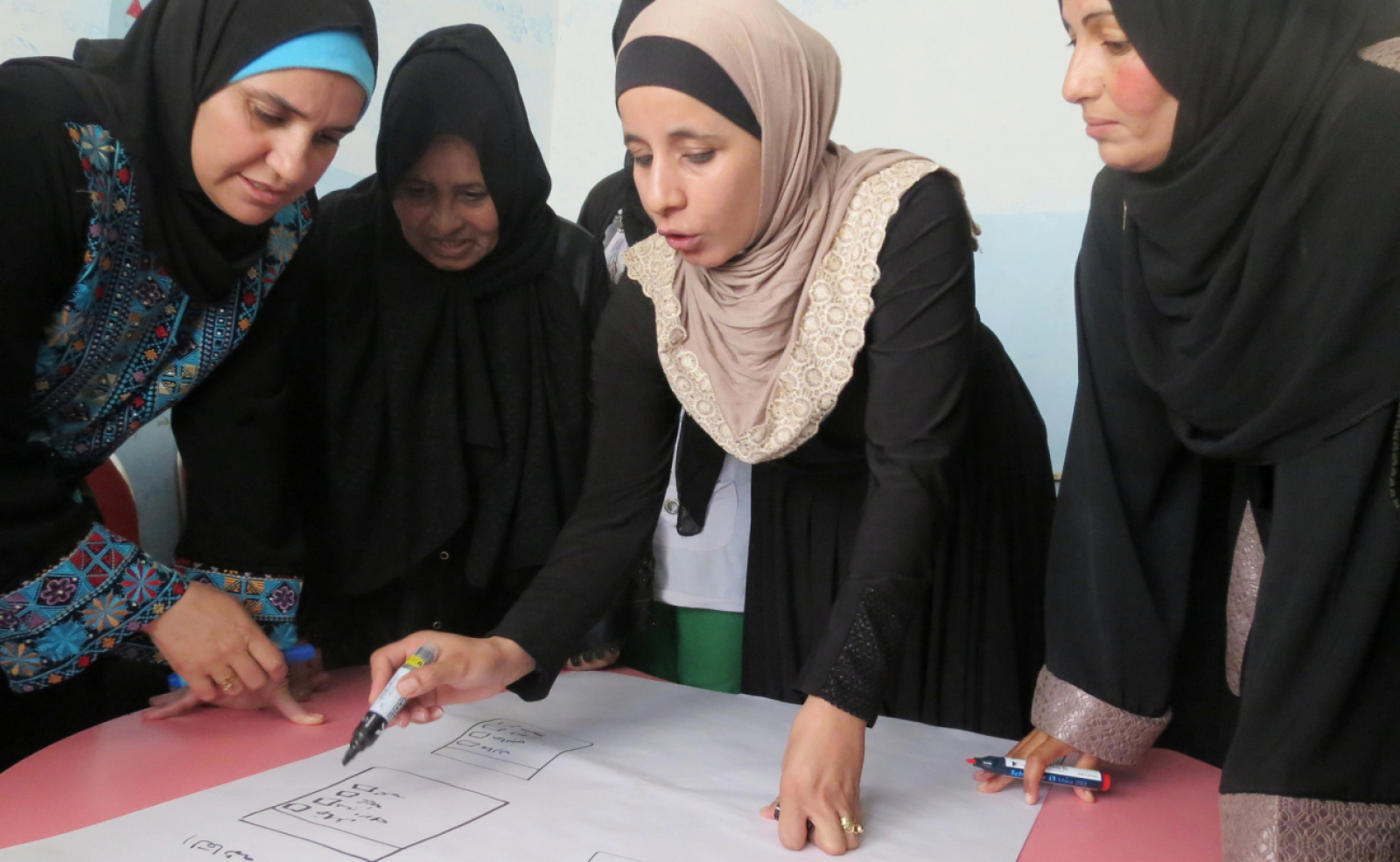
What is Civic Forum?
NDI has learned that citizen-led activism -- driven by real community needs and interests -- can help transform how politics is practiced and the quality of life in communities. Citizens the world over want to improve their wellbeing and are often willing to take peaceful political action, when they believe that they can make a difference. Instead of bypassing government, parliaments, parties, and politics altogether, NDI helps citizen groups take actions that engage these institutions. Whether advocating for specific policies, providing information on economic challenges, monitoring the implementation of a policy, or raising awareness about public needs, citizens can contribute to policy making and change the way politics is practiced.
To increase local-level citizen participation in new and emerging democracies, NDI has developed a program approach named Civic Forum. The approach has been used in more than a dozen countries to educate and activate citizens, and it typically coincides with an unfolding democratic transition. Through a guided, iterative set of processes, Civic Forum helps increase citizenship competencies, the space for public participation and accountability relationships between citizens and public officials. Recognizing that there is no fast track to democracy -- that democratic political norms, values and procedures evolve over time in fits and starts and with inevitable setbacks -- the approach emphasizes participatory practices that enable citizen engagement beyond the life of the project.
The Civic Forum Methodology
Civic Forum takes a longer-term, building-block approach, using small-group discussion to lay the foundation for collective action. Locally-recruited facilitators, trained and managed by NDI, enter communities, form small citizen groups and then guide each of those groups to organized, political engagement. The groups typically comprise a diverse mix of citizens interested in solving everyday problems in their community. The formative process can be divided into four phases that typically take place over an 18 to 24 month period:
- Preparation: Communities where Civic Forum will take place are selected, local facilitators are identified and trained, and an initial assessment is conducted to gauge citizens’ knowledge of local democratic processes and experience with participation.
- Education: Groups hold facilitated discussions using a flexible approach that connects fundamental democratic principles to information about real-time, concrete political developments in a country.
- Organizing: Groups identify community issues that require some level of government involvement to resolve, and develop a campaign strategy and plan designed to achieve the solution through collective political action.
- Engagement: Putting their new skills into pratice, groups start taking political actions to bring attention to the issues and develop the support needed to bring about a solution.
From a methodological perspective, Civic Forum combines educational discussions, experiential learning and citizen-led campaigns to address local-level community issues. The approach represents a form of “action civics” and is focused on achieving behavior changes. Specifically, Civic Forum is designed to make local politics more participatory, by changing the way individuals, groups and communities approach problem-solving and decision-making. Through this process, new perceptions and expectations emerge about participation, the roles that citizens should play and their relationships to decision-makers. Over time, this translates into new norms that support regular citizen engagement.